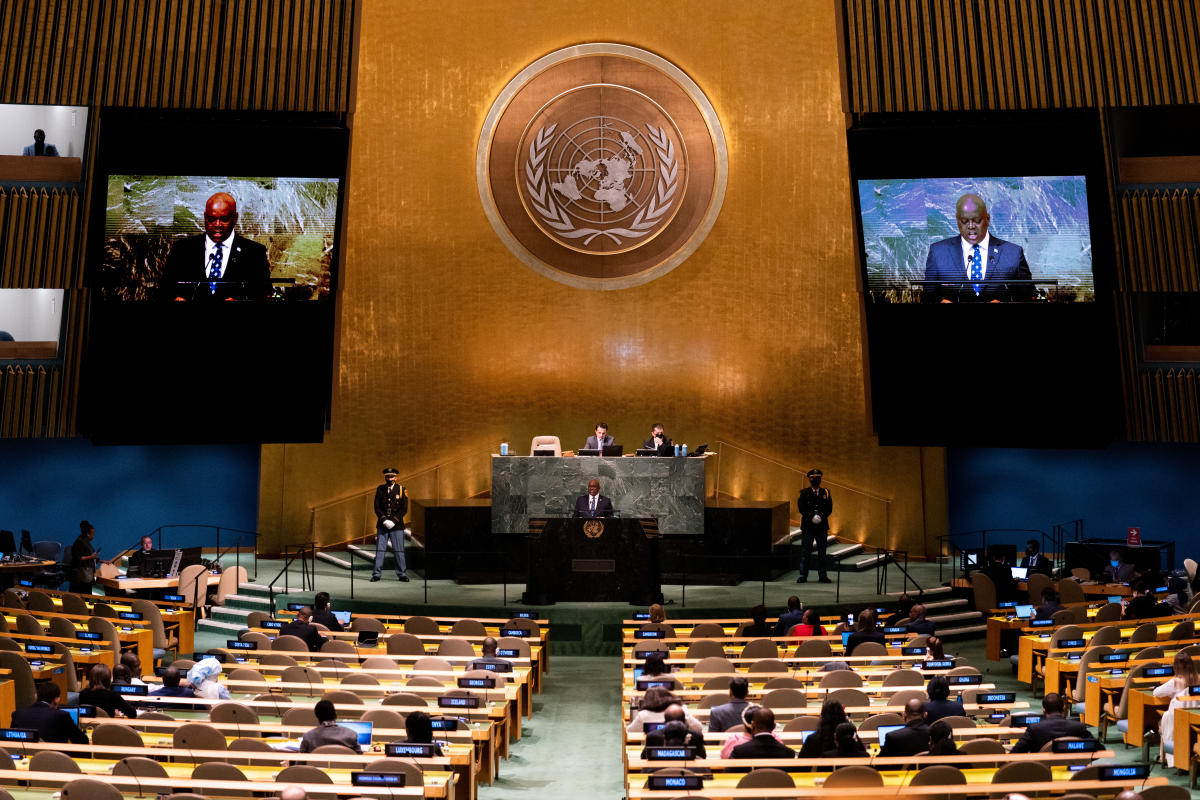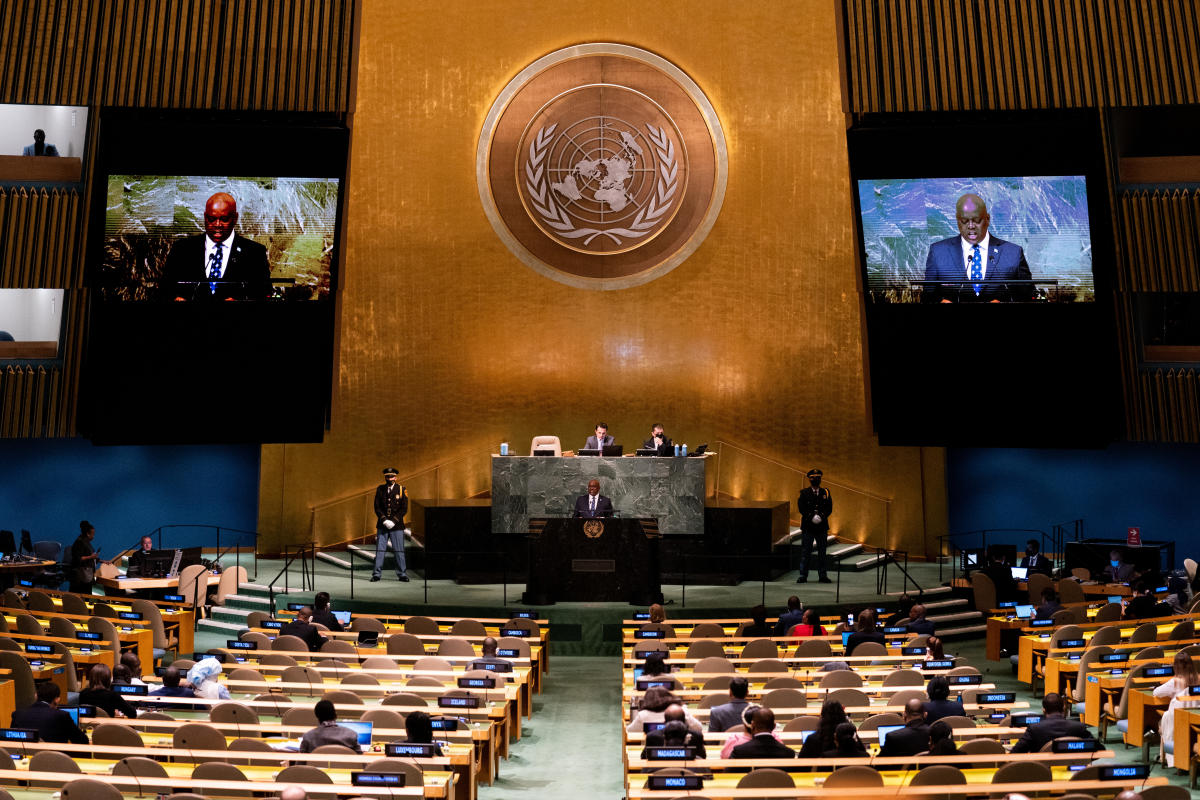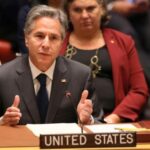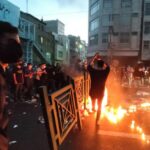
UNITED NATIONS (AP) — The Latest on the U.N. General Assembly:
Botswana’s President Mokgweetsi Masisi says vaccine equity must remain a priority for developing countries since many have failed to meet World Health Organization targets for COVID-19 vaccinations.
“This underscores the urgent need to continue promoting vaccine equity through international solidarity, as well as addressing vaccine hesitancy by countering disinformation and raising awareness about the science regarding the effectiveness and safety of the vaccines,” Masisi told the U.N. General Assembly on Thursday.
The WHO had called for countries to fully vaccinate 70% of their populations by mid-2022. While Masisi said that Botswana has enough shots to vaccinate all eligible people, only 61% are fully vaccinated in the southern African nation.
___
Niger’s president is warning that climate change is helping to fuel Islamic extremism in Africa’s Sahel region.
Mohamed Bazoum said prolonged droughts brought on by global warming are “threatening the practice of pastoral farming” in West Africa. That’s causing many young shepherds to turn instead to extremist groups.
“Terrorism operating the Sahel today is linked to the living conditions for certain communities where the environment has been significantly affected by climate change,” Bazoum told the U.N. General Assembly on Thursday.
While thanking France, the United States and Germany for their help in fighting the insurgency, Niger’s leader also decried a persistent lack of international funding.
Niger has seen scores of deadly attacks on civilians over the past year near its border with Mali, where extremists have long been active. France recently relocated its troops from Mali to Niger following a deterioration in relations with Mali’s leader, Col. Assimi Goita, who took power in a coup two years ago.
___
For more AP coverage of the U.N. General Assembly, visit https://apnews.com/hub/united-nations-general-assembly




